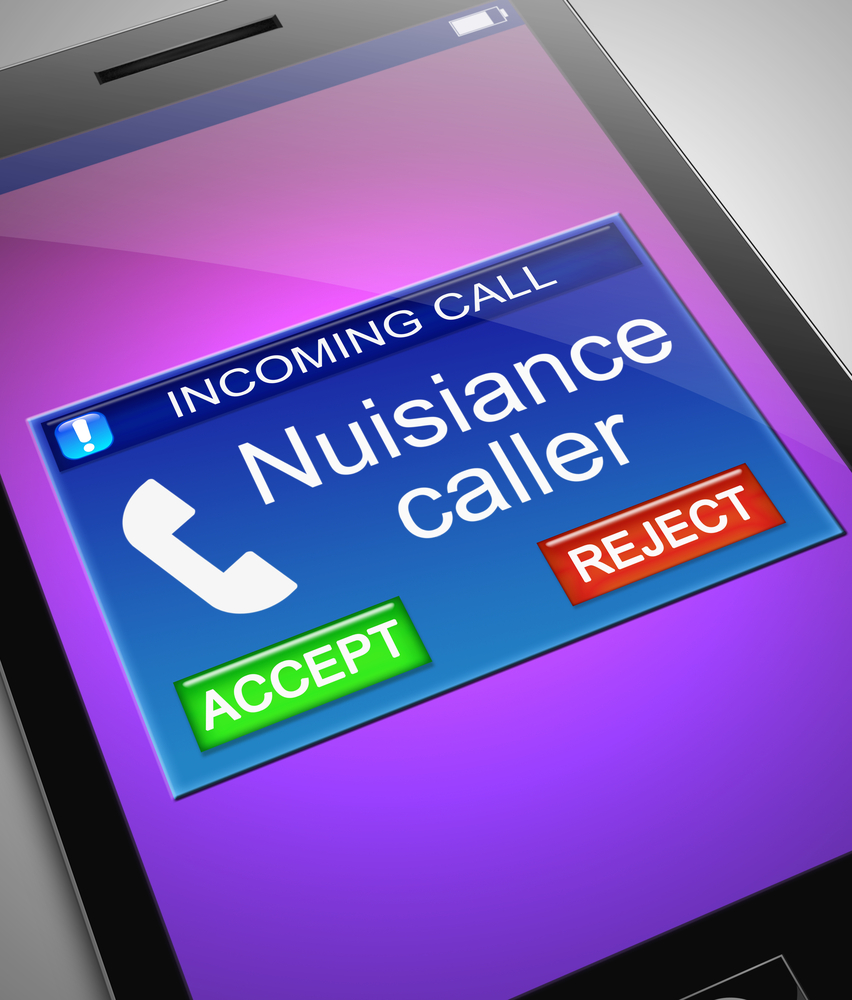Household Bills
Cold call bosses can now be fined up to £500,000

Bosses of firms that bombard people with unsolicited nuisance calls will be liable for fines of up to £500,000 under laws coming into force today.
Under the new legislation, the Information Commissioner’s Office (ICO) can hold company bosses directly responsible for breaking the law.
Measures banning cold calls offering to settle personal injury or payment protection insurance (PPI) claims were introduced in September.
Previously only businesses themselves were liable for fines rather than individuals. Some directors escaped paying by declaring bankruptcy only to open up again under a different name.
Now the ICO can hold company directors directly responsible with further fines of up to half a million pounds.
Minister for Digital Margot James said: “There is now no hiding place for the small minority of rogue directors who have previously tried to escape justice. We are determined to stamp this menace out and this new law is the latest in a series of measures to rid society of the plague of nuisance calls.”
Estimates by Ofcom show British consumers were bombarded with 3.9 billion nuisance phone calls and texts last year. However, complaints to the ICO and Ofcom about nuisance calls fell for the second year in a row.
Andy Curry, who heads up the nuisance call enforcement team at the Information Commissioner’s Office, said: “We welcome this amendment to the law which will increase the tools we have to protect the public. It will mean we can recover the fine more easily and also make it much harder for unscrupulous operators to set up in business again.”
Alex Neill, managing director of home products and services, at Which? said: “For too long people have been plagued with nuisance calls while those responsible have been able to evade justice and set up under a different name.
“The introduction of fines for bosses of these companies is a significant step and the regulator must now act swiftly to properly police and fine those who flout the law – demonstrating that there is no place in our society for these practices.”